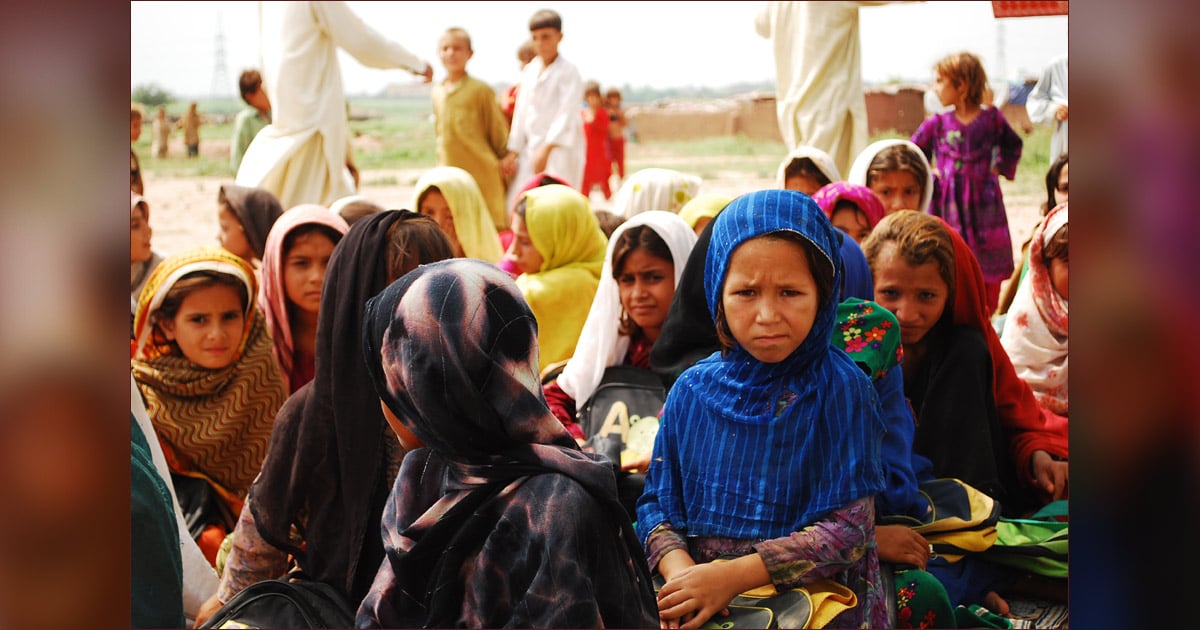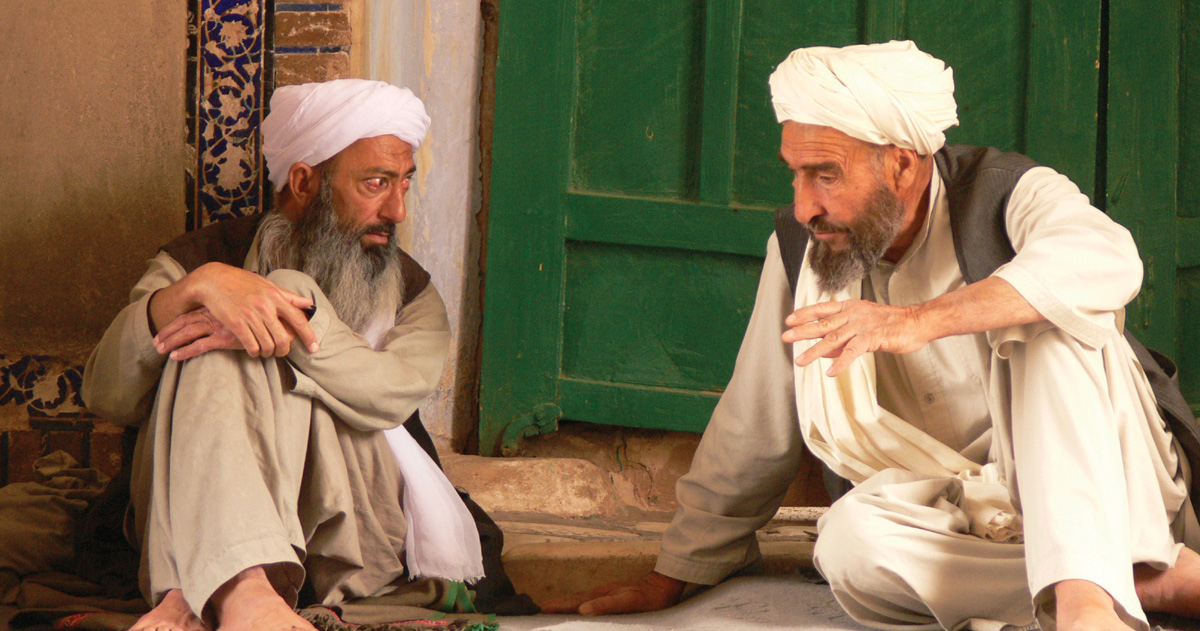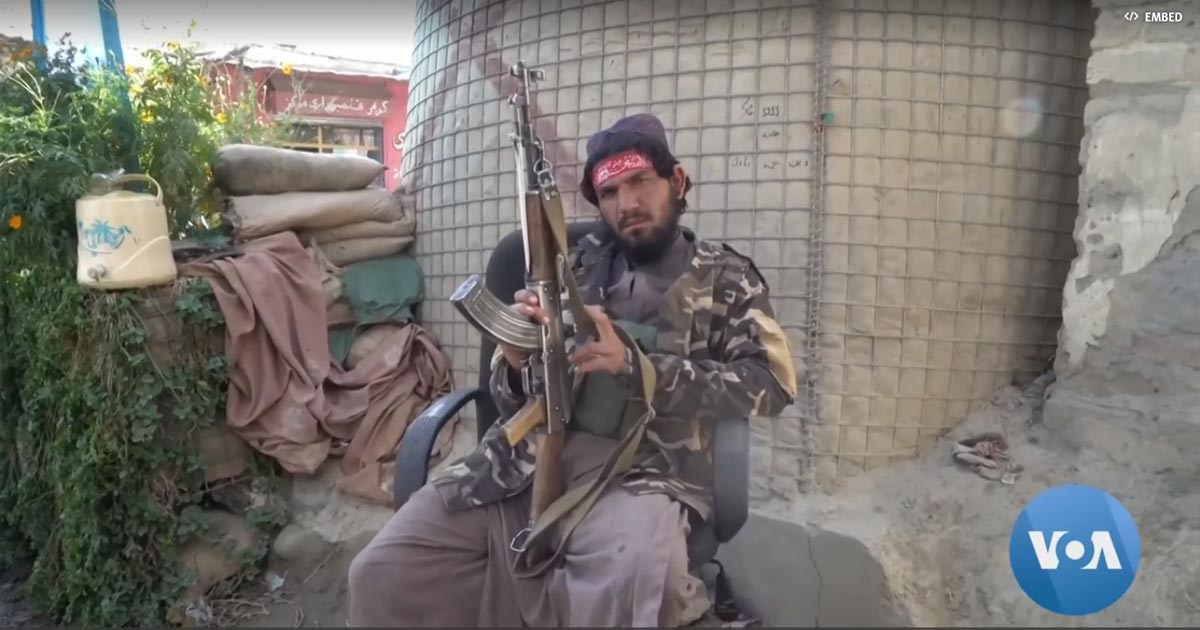Editorial by Glenn Penner (Communications Director)
Over the last week, I have been reading a number of articles on the effects of the regime changes in Afghanistan and Iraq as it impacts religious liberty, especially for Christians. Before I proceed any further, let me make it clear that, in principle, I personally support the overthrow of the Taliban and the Baathist government of Saddam Hussein. Both regimes were brutal in their suppression of basic human rights and the world (to say nothing of their countries) is a safer place with them out of power.
But we would be mistaken to think that simple regime change will automatically result in better conditions for Christian minorities in these states. In Afghanistan, for example, the Afghan Minister of Justice, Asharaf Rasooli stated categorically to CBN journalist, George Thomas last year, "No Muslim is allowed to convert to another religion. But if a person wants to convert to Islam, there is no problem with that." Mullah Fazul Shinwari, Afghanistan's Supreme Court Chief Justice, has warned that those found guilty in his courtroom of sharing the Gospel, could face the death penalty. While there have been no reports of actual public executions of converts to Christianity to date, VOM sources indicate that there have been converts killed in remote areas of the country. Yes, there is greater freedom in Afghanistan today than there was a couple of years ago, but the verdict is still out whether Afghanistan will be able to do what no other Islamic state has been capable of; allowing freedom of religion, including the right to convert from the majority religion. Frankly, I am doubtful.
My pessimism extends to the new Iraq emerging from the ruins of Saddam Hussein's former regime. Shiite Muslims are rightfully rejoicing over their newfound religious freedom, having been suppressed by Hussein during his rule. Speaking to a group of business reporters earlier this week, President Bush enthused, "I love the stories about people saying, 'Isn't it wonderful to be able to express our religion, the Shia religion, on a pilgrimage this weekend.' It made my day to read that." Unfortunately, this newfound freedom has been accompanied by calls for the establishment of an Islamic state by a number of Iraqi Shiites. This would most certainly bode ill for religious minorities like Christians. One need only look across the border to Shiite-dominated Iran to see how Bahais, Christians and other religious minorities fare under such a regime. Freedom House's Paul Marshall in an article in the National Review early last month stated quite correctly, "Unless the U.S. realizes the danger extreme sharia law would pose to Iraq, America could preside over a process of radical Islamization like that currently threatening Afghanistan's reconstruction. Instead of aiding Muslims who want genuine religious freedom and equality, we will help build reactionary regimes that, as recent experience shows, are likely to become our enemies" (http://www.nationalreview.com/comment/comment-marshall030703.asp).
It is incumbent on those of us who live in liberal democracies to insist to our political leaders that, in their desire to help rebuild Iraq and Afghanistan, they not ignore the dangers that come with allowing these new regimes to integrate sharia law into their new constitutions. We have already imposed our will upon these countries by changing their regimes (either actively through military intervention, or passively by welcoming the overthrow of these regimes even if not actively involved). The time is past for our leaders to say that we must allow Iraqis free reign to now decide for themselves what kind of government to set up. If our governments allow sharia law to be constitutionally enshrined in Iraq and Afghanistan, we will likely be right back to where we started from in only a few years. In fact, in the case of Iraq, the Christian population (and other religious minorities) may very well be worse off than they were with Saddam as their leader. We face a unique opportunity in Iraq and Afghanistan today; the opportunity to assist in building societies that genuinely permit religious freedom. If we are going to help Iraq and Afghanistan to build more civil societies, we must recognize that sharia law is part of the original problem; it cannot be made part of the solution.

 Population
Population



